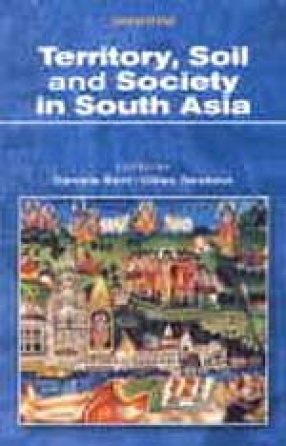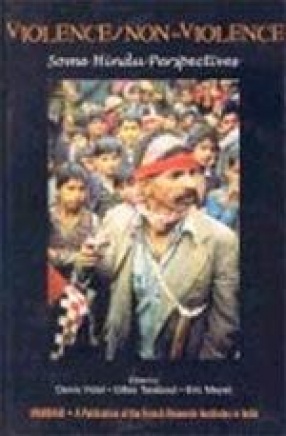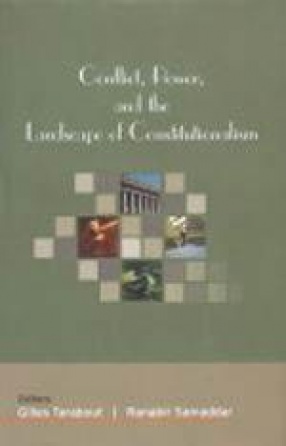
Showing all 4 books

The Indian Constitution posits a separation between a secular domain that the state regulates and a religious domain in which it should not interfere. However, defining the separation between the two has proved contentious-the state is directly involved in the administration of several religious institutions and the courts are regularly asked to decide on rights linked to religious functions and bodies. Such decisions contribute to (re)defining the religious ...

This volume tackles a widespread stereotype in academic studies, according to which pre-colonial India consisted of territorial units with ill-defined, fuzzy boundaries, and where territory had, and still has, little value as a cognitive category. In aiming to reconsider this perspective, the book follows two converging lines of enquiry. One explores the conceptions that stress the mutual determination of places and people, and the entrenchment of their identity ...

How do we understand those ascetics who have developed an extremely elaborate martial tradition and yet have taken strict vows of non-violence, especially when, for some ascetics today, that tradition has been put at the service of the most extreme forms of Hindu militancy? And how is that tough union leaders can, with conviction, share the same ideas as Gandhi, or that Brahmins scarcely hesitate before using the stick, even though they loudly and insistently ...

The backdrop to the book a -- comparative study of several countries across three continents --is the understanding that every good constitution rigorously separates the legislature, executive, and judiciary from one another to guarantee the independence of each of these powers, such that this separation results in life, liberty and security. However, the constitution also symbolises and produces power. As such, constitutionalism as a political culture of laws ...
